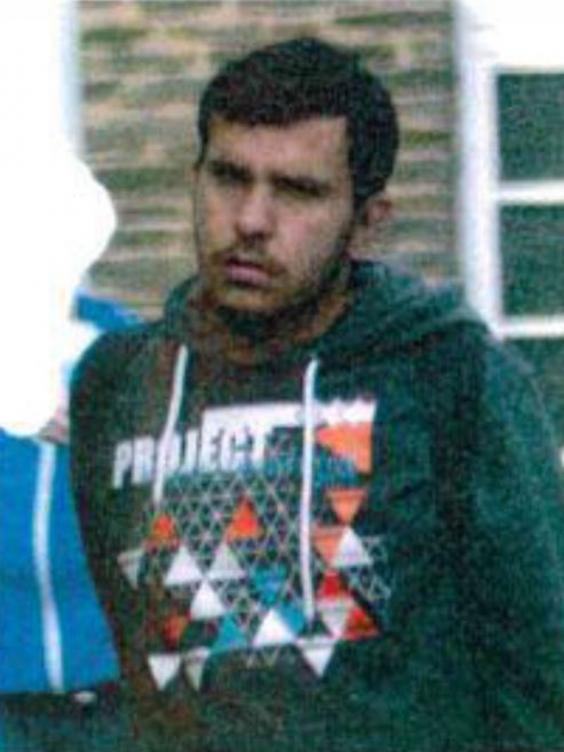
Police and judicial officials in the German state of Saxony faced a blaze of criticism on Thursday after a Syrian man suspected of plotting to bomb a Berlin airport killed himself in a detention center where he had been deemed not at risk of suicide.
Jaber al-Bakr, a 22-year-old Syrian with probable links to Islamic State who was arrested on Monday morning following a 48-hour manhunt having been handed over to police by three fellow Syrian refugees, hanged himself with a t-shirt in his Leipzig prison cell on Wednesday.
The interior minister, Thomas de Maizière, said “urgent questions” had to be answered as the government of Angela Merkel – already under pressure amid a growing perception that its refugee policy is putting internal security under threat – faced calls to explain the apparent failings of the country’s police and judiciary.
Facing calls to step down, Saxony’s State Justice Minister Sebastian Gemkow, a member of Chancellor Angela Merkel’s conservatives, told a news conference the suicide “should never have happened” but he denied authorities had made any mistakes.
Politicians from across the spectrum rounded on Merkel’s conservatives who rule in Saxony after the suicide, which followed the bungled police attempt – acting on a secret service tip-off – to catch Albakr on Saturday.
“This is an unprecedented sequence of failures by the police and judicial system,” said Thomas Oppermann, head of the center-left Social Democrats (SPD) parliamentary group. “It looks as if Saxony lacks any capacity to fight terrorism professionally.”
No signs of suicide tendency
Rolf Jacob, head of the Leipzig detention centre, said checks on Bakr’s cell by prison guards had been reduced from 15-minute to 30-minute intervals, after a psychologist who had no experience working with terror suspects, said there were no acute signs Bakr intended to kill himself. He had been on hunger strike since his arrest.
“If there had been warning signs he would have been moved to a specially constructed cell,” Jacob said. Such a cell would have had padded walls and basic toilet facilities and he would have been given special clothing, he added.
Instead Bakr, who had had limited access to an interpreter, had remained in a standard cell. Two incidents in his cell on Tuesday involving damage to equipment had been explained as vandalism rather than signs of a suicide attempt, Jacob said.
The last check on his cell was carried out at 7.30pm on Wednesday; the next was due at 8pm. But according to Jacob, a trainee prison guard decided “out of her own sense of duty” to take another look at 7.45pm, when she found Bakr hanged. He was pronounced dead half an hour later.
Jacob said his team had “followed to the last detail the letter of the law” and prison regulations would not persuade him to act differently if faced with the same situation again. Syrian
Justice scandal
Albakr’s defense lawyer, Alexander Huebner, accused the authorities of a “justice scandal”, adding: “I’m totally shocked and absolutely speechless that something like this could happen.”
He added that his client should have been “Germany’s best-guarded prisoner”. The evidence of damage to equipment in his cell should have been signal enough, he said, that Bakr ought to have been on close suicide watch.
His death leaves in tatters an investigation into his plans to blow up a Berlin airport wearing a suicide vest made of TATP, a highly volatile explosive used in the attacks in Brussels and Paris. About 1.5kg (3.3lb) of the explosive was found in Bakr’s flat in the eastern city of Chemnitz. Experts say about 200g of it is enough to cause substantial harm.
Little else is known about Albakr, who evaded police in Chemnitz on Saturday and traveled to Leipzig, where he met up with a group of Syrians he contacted via an online network before they tied him up at their flat and alerted police.
Die Welt newspaper, citing investigative sources, reported on Tuesday that Albakr had spent several months in Turkey this year, leaving in the spring and returning to Germany in late August.
Prosecutors are still investigating whether the suspect had any accomplices. “We don’t know yet if there were people pulling the strings,” Klaus Fleischmann, chief public prosecutor in the state of Saxony, told the news



